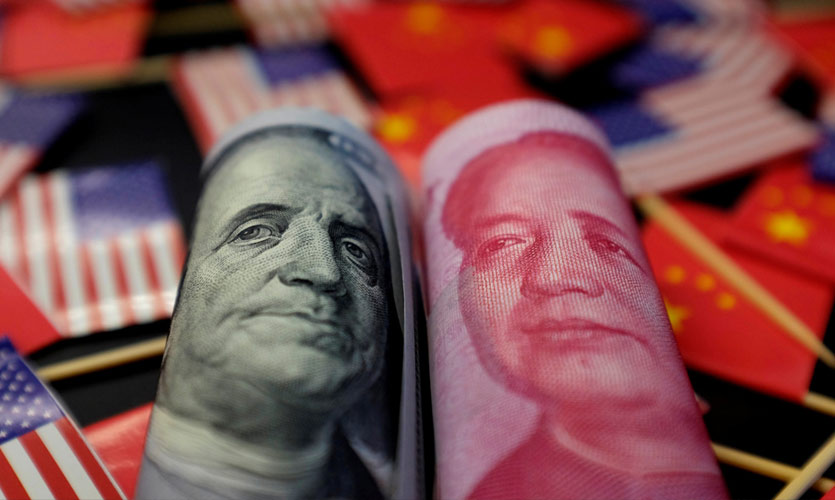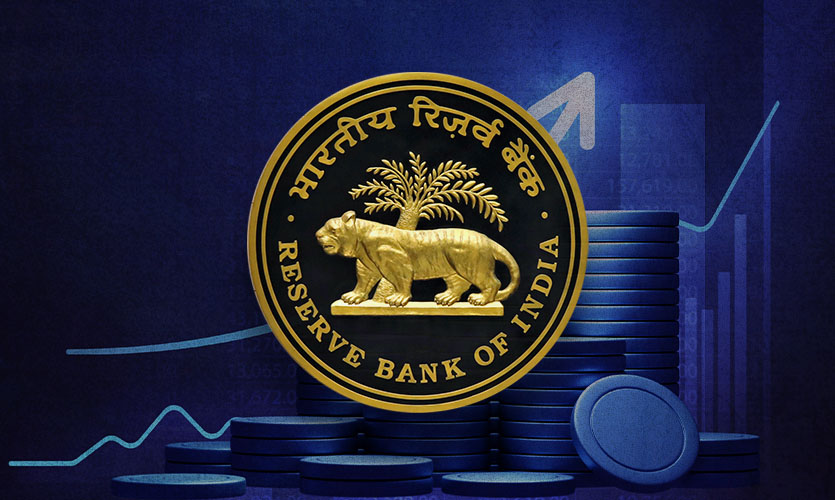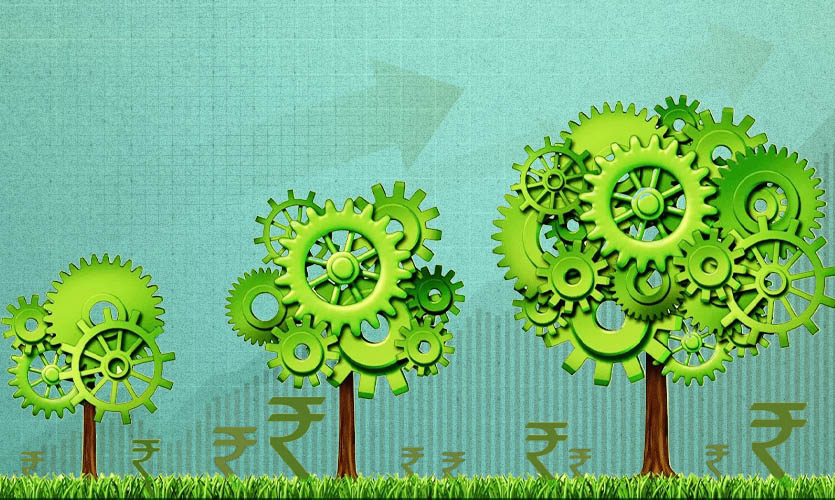Over the last two decades, global wealth tripled to $514 trillion in 2020 from $156 trillion in 2000, according to a new report by McKinsey & Co’s research arm of consultants. China accounted for almost one-third of the surge with its wealth growing to $120 trillion from $7 trillion in 2000, the year before it joined the World Trade Organisation that led to its economic ascent. “We are now wealthier than we have ever been,” Jan Mischke, a partner at the McKinsey Global Institute in Zurich, said in an interview.
The research focuses on analysing the balance sheets of ten countries representing more than 60 percent of global GDP such as Australia, Canada, China, France, Germany, Japan, Mexico, Sweden, the United Kingdom, and the United States. The analysis also confirms that financial assets and liabilities have exceeded GDP, vastly increasing net investment. This implies that the often known link between the growth of net worth and the growth of GDP no longer holds.
Economic growth has largely been lukewarm over the last two decades in most of the advanced economies, however, balance sheets and net worth track an increase in size. The research suggests that the divergence has emerged due to rise in asset price, and not as a result of the digitisation of the economic trend. The economy is propelled by intangible assets like software and other intellectual property. A large amount of savings has struggled to find investments offering sufficient economic returns and lasting value to investors. Instead, these savings have been directed towards real estate, which in 2020, accounted for two-thirds of net worth. Other prominent fixed assets that can drive economic growth made up only about 20 percent of the total. The report highlights that asset values are now nearly 50 percent higher than the long-run average relative to income, and that for every $1 in net new investment over the past 20 years, overall liabilities have grown by almost $4, of which about $2 is debt.
The US witnessed its net worth double over the period to $90 trillion. The report highlights rising wealth inequality prevalent in the world’s biggest economies, i.e. US and China. More than two-thirds of the wealth is held by the richest 10 percent of households, with their share constantly increasing. The McKinsey report computed that 68 percent of global net worth is stored in real estate. Financial assets are not counted in the global wealth calculations as they are effectively offset by liabilities. A corporate bond held by an individual investor, for instance, represents an “I owe you” by that company.
Read more: Nordic Countries Experience Steady Economic Growth After Lifting COVID Rules
This increasing net worth over the GDP has led to worrying questions around the sustainability of the wealth boom. “Net worth via price increases above and beyond inflation is questionable in so many ways,” Mischke said, adding, “It comes with all kinds of side effects.” Rising real-estate values can make ownership of homes unaffordable for the people, increasing the probability of a financial crisis like the 2008 economic recession that hit the US after the housing bubble burst. China could face similar trouble over the debt of property developers like the China Evergrande Group.The way forward depends on an imperative to deploy wealth more productively for critical investment needs that will expand global GDP. The report further states that the worst-case scenario would be a collapse in asset prices that could erase as much as one-third of global wealth, bringing it more in line with world income.










